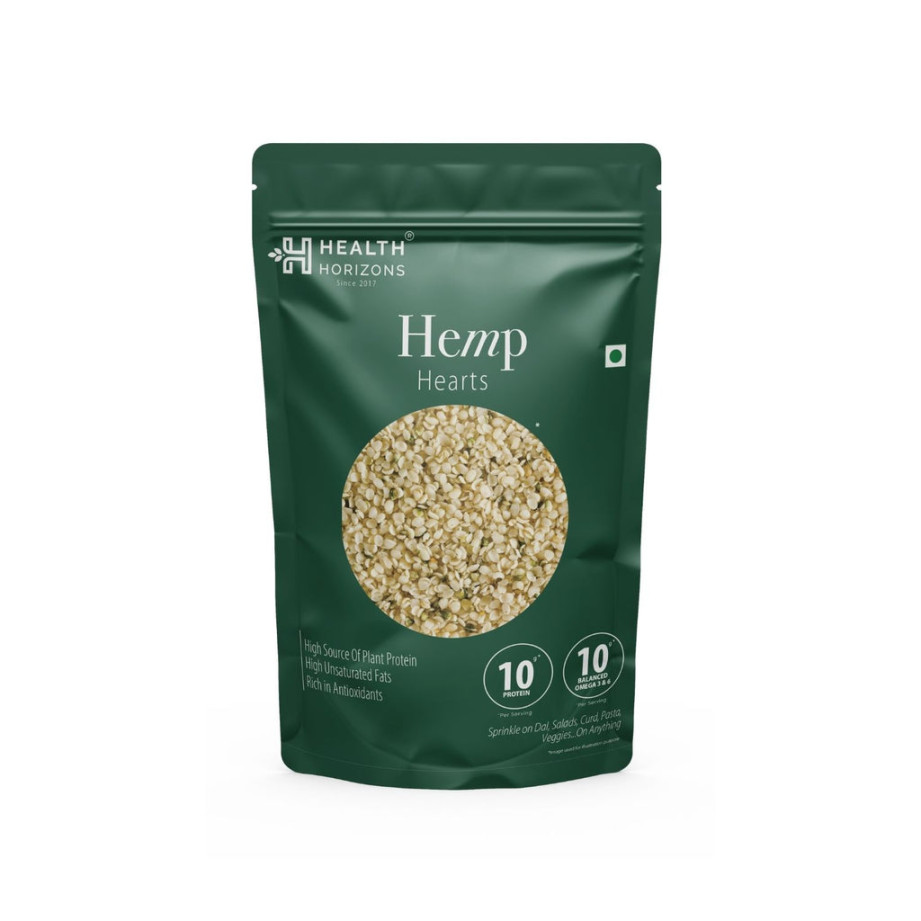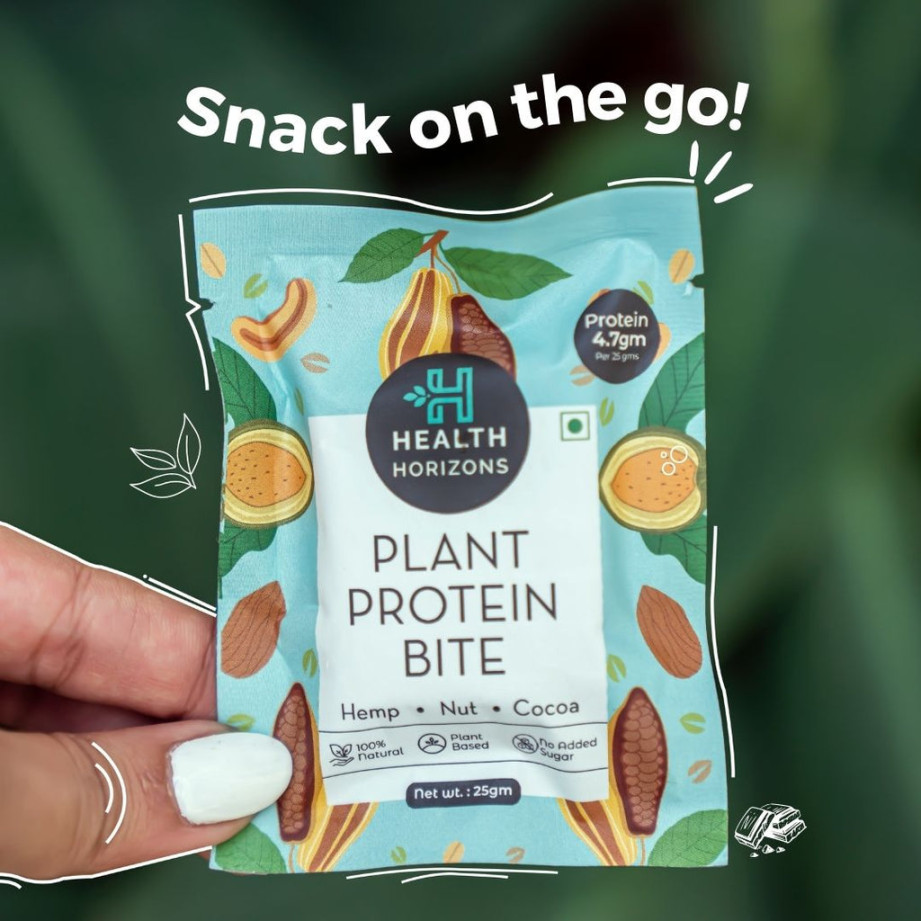1. The Power of Plant-Based Diet: A Nutritional Revolution
In the realm of health and wellness, where trends come and go like fleeting seasons, one dietary approach has stood the test of time: the plant-based diet. This nutritional paradigm, which emphasizes whole, unprocessed plant foods, has been gaining momentum in recent years, capturing the attention of health enthusiasts, scientists, and the general public alike.
At the heart of the plant-based diet lies a simple principle: consuming more fruits, vegetables, whole grains, legumes, and nuts while minimizing or eliminating animal products. This approach is not merely a fad or a passing trend; it is rooted in sound scientific evidence that supports its potential benefits for overall health and well-being.

One of the most compelling reasons to consider a plant-based diet is its potential to reduce the risk of chronic diseases. Numerous studies have linked plant-based diets to lower rates of heart disease, stroke, type 2 diabetes, and certain types of cancer. This is largely due to the high concentration of fiber, vitamins, minerals, and phytochemicals found in plant foods.
Fiber, in particular, plays a crucial role in digestive health, helping to regulate bowel movements and prevent constipation. It also contributes to feelings of fullness, making it easier to control weight and manage appetite. Additionally, the antioxidants and phytochemicals found in plant foods can help protect cells from damage caused by free radicals, reducing the risk of chronic diseases.
Beyond its potential for disease prevention, a plant-based diet can also offer significant benefits for overall health and well-being. Many people who adopt this dietary approach report increased energy levels, improved digestion, and clearer skin. Additionally, plant-based diets are often associated with a lower environmental impact, as they require fewer resources to produce compared to animal-based diets.

While the plant-based diet offers numerous advantages, it is important to note that it is not a one-size-fits-all solution. Individual needs and preferences may vary, and it is essential to consult with a healthcare professional or registered dietitian to develop a personalized plan that meets your specific goals.
One common misconception about plant-based diets is that they are restrictive or difficult to follow. In reality, there are countless delicious and nutritious plant-based meals that can be enjoyed by people of all ages and dietary preferences. From hearty stews and soups to colorful salads and vibrant smoothies, the possibilities are endless.
Another misconception is that plant-based diets are lacking in essential nutrients, such as protein and vitamin B12. However, with careful planning, it is entirely possible to meet your nutritional needs on a plant-based diet. Legumes, nuts, seeds, and whole grains are excellent sources of protein, while fortified plant-based milk and nutritional yeast can provide adequate amounts of vitamin B12.
As the scientific evidence continues to accumulate, it is becoming increasingly clear that the plant-based diet is a powerful tool for promoting health and well-being. By embracing a plant-centered lifestyle, individuals can take a proactive approach to their health, reducing their risk of chronic diseases and enjoying a higher quality of life.
In the vibrant tapestry of health and wellness, plant-based proteins have emerged as a captivating thread. These nutritional powerhouses, derived from the plant kingdom, offer a diverse and sustainable path to optimal health. From the humble lentil to the majestic soy bean, plant-based proteins have the potential to revolutionize our diets and redefine our understanding of nutrition. Let’s embark on a journey to explore the many benefits and possibilities of incorporating plant-based proteins into our lives.
A Symphony of Nutrients
Plant-based proteins are not just about protein content; they are a symphony of nutrients. They are packed with essential amino acids, the building blocks of proteins, as well as fiber, vitamins, minerals, and antioxidants. This nutrient-rich profile makes plant-based proteins a valuable addition to any diet, supporting overall health and well-being.
The Fiber Factor
One of the standout features of plant-based proteins is their high fiber content. Fiber plays a crucial role in digestion, promoting regularity and preventing constipation. It also helps to regulate blood sugar levels, making plant-based proteins a great choice for individuals with diabetes or those looking to maintain stable energy levels.
Heart Health Heroes
Plant-based proteins are often associated with a reduced risk of heart disease. They are generally low in saturated fat and cholesterol, while being rich in healthy unsaturated fats. Additionally, plant-based proteins are often linked to lower blood pressure and improved cholesterol levels, making them a valuable tool for heart health.
Sustainable Nutrition
Beyond their nutritional benefits, plant-based proteins offer a sustainable approach to eating. The production of plant-based foods typically has a lower environmental impact compared to animal-based products, reducing greenhouse gas emissions and conserving resources. By choosing plant-based proteins, we can contribute to a healthier planet while nourishing our bodies.
A World of Possibilities
The beauty of plant-based proteins lies in their versatility. From legumes and nuts to seeds and whole grains, there is a wide range of options to choose from. Whether you’re looking for a hearty meal, a quick snack, or a protein-packed smoothie, plant-based proteins can fit seamlessly into your lifestyle.
Tips for Incorporating Plant-Based Proteins
A Bright Future
As our understanding of nutrition continues to evolve, plant-based proteins are poised to play a central role in shaping a healthier future. Their nutritional benefits, sustainability, and versatility make them a compelling choice for individuals seeking to optimize their health and well-being. By embracing the power of plant-based proteins, we can embark on a delicious and nourishing journey that benefits both ourselves and the planet.
 Udento Lifestyle & Health
Udento Lifestyle & Health




